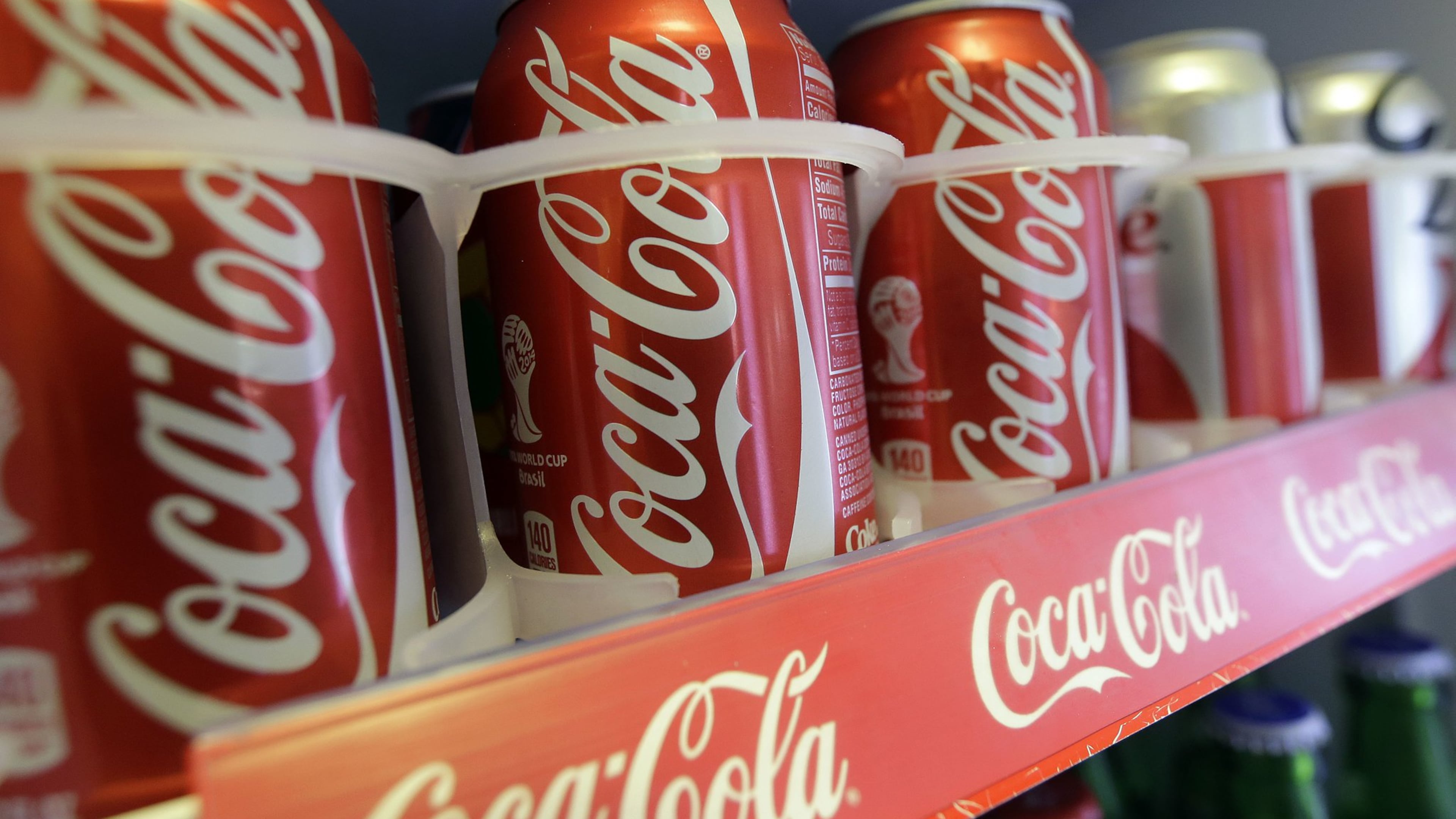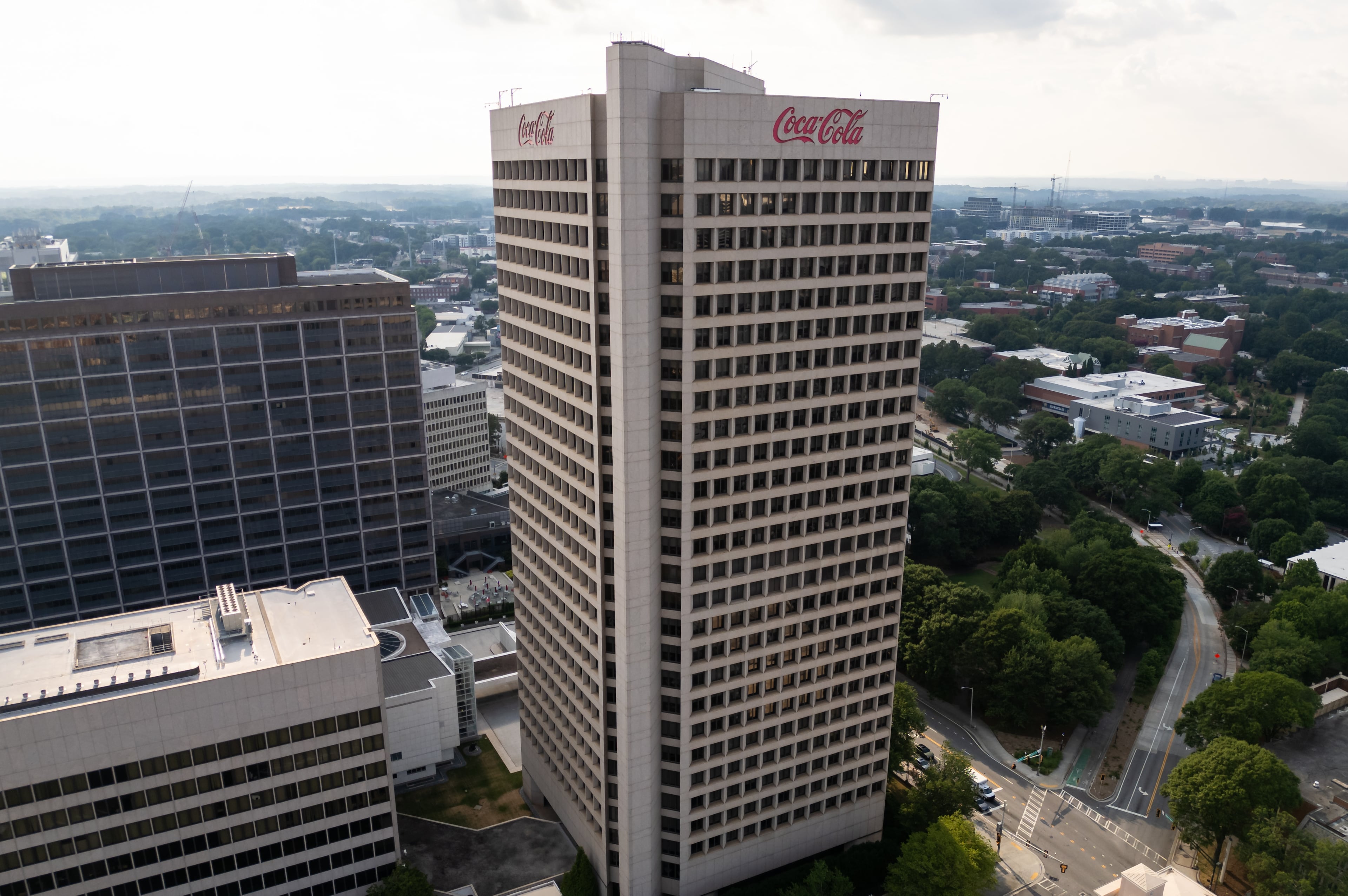Coke claims ‘water parity’ after criticism

Coca-Cola on Monday said for every drop of water it uses globally, it returns another drop back to the environment.
The Atlanta-based beverage giant, long criticized for water usage practices in areas struggling with drought, said in 2015 it returned an estimated 191.9 billion liters of water back to nature and communities, or about 115 percent of the water used in its products.
Coke said its assessment was validated by LimnoTech and Deloitte and conducted in association with The Nature Conservancy. Coke said it is the first Fortune 500 company to reach the achievement.
“The lifeblood of communities is the No. 1 ingredient in our beverages,” said Bea Perez, Coke’s chief sustainability officer. “We’re pretty excited about this.”
But organizations such as the Center for Research on Globalization and Corporate Accountability International call Coke’s claims of water parity dubious. They argue the company reaches “water neutrality” by taking water from one place and adding it in another, which does not help the first area.
Coke said it replenishes at least 50 percent of the water in the communities in which it operates.
In 2013, village councils in eastern India opposed plans to expand a bottling plant because of allegations the facility was partly responsible for drying up wells and ponds, according to reports at the time. Indian authorities ordered the plant closed the next year.
Coke CEO Muhtar Kent said the company’s woes in India were a “wake up” call.
“Twelve years ago, our business was accused of misusing water in India during a time of drought,” Kent said in an editorial. “While we were ultimately found to be acting within the law and using our own water supplies, we suffered plant closures and our reputation was damaged. Some consumers walked away from our brands.”
Coke uses slightly more than 50 percent of its water intake for its products, said Greg Koch, coke’s senior director of global stewardship. The rest is used to operate and clean plants.
The company has improved water efficiency, captured rainwater to funnel back into groundwater, and used better treatment to discharge cleaner water. In other cases, Coke aided in building clean water resources and helped farmers tap groundwater for better irrigation in such places as China and Turkey.
“One size does not fit all,” Perez said. “The biggest lesson we learned is that it requires a lot of technology.”


